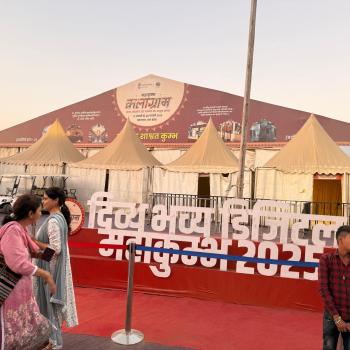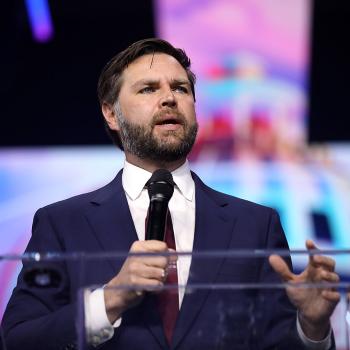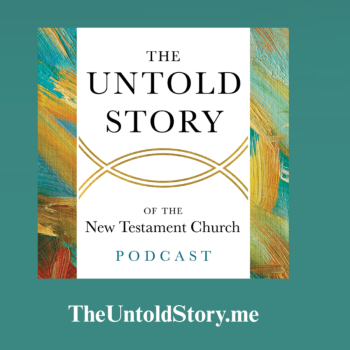Last Friday night I saw one result of that learning. Most missionaries have an annual or semi-annual reunion after their time of service. At the time of the semi-annual LDS General Conference (April and October), they get together in the Salt Lake City, Utah, area with others who served with them to recall their time together. Some of these groups meet for a few years and then, as people move away from Brigham Young University and the University of Utah, to which many missionaries come for schooling after their service, the missionary reunions die out.
But some reunions survive. Those who served in Korea in the '50s and '60s get together each October on the Friday before General Conference. Some come irregularly because they do not live nearby, but we almost always have a turnout of about sixty. We have dinner of bulgogi, japchae, rice, and kimchi, and we visit for a couple of hours. We tell many of the same old stories. We see many of the same faces year after year. We take a minute to tell about our children and grandchildren, and about some of our aches and pains. Some step outside to catch up on the ball game on the car radio and then come back to report. We each go home marveling at how much older everyone else has gotten.
Nothing much changes from year to year, but we keep coming together to remember. Perhaps we keep coming together in hope that nothing much will change from year to year. Our reunion has become a time of mild melancholy and deep nostalgia as well as a time of happiness.
It was a great pleasure to see a man I'd not seen in several years because we had each come to the reunion on years when the other had missed. I'd lived with him for months in Busan in 1968. We lived in the same house, though we weren't companions, and we had shared anger, love, illness, good food, good times, gospel and language study, worry about family and girlfriends, and anything else we could. For him I've long had both divine love and the emotion of love, so it was great to see him again.
But it was also a great pleasure to see others, including some I didn't care for when I was a young man. As one person said, "We couldn't get along as missionary companions, but we have since become good friends." That seems to me to be the lesson of our reunion: to the sturdy bones of Christian love has been added the flesh of emotional love.
There are many reasons I am glad I spent thirty months in Korea as a missionary long ago. Among them are things like the chance to live somewhere at a time when almost everyone I met lived in deep poverty. That changed the way I see my world today. The experience was difficult, but it has been a blessing. I learned that the connection between temporal and spiritual salvation goes both ways: temporal salvation is not enough, but without some measure or at least some hope of it spiritual salvation is difficult to achieve.
As I grow older, I also appreciate what serving as a missionary taught me about love, not only when I worked as a missionary, but since. I understand better what is possible and what is ultimately expected in my relations to others because I learned to love in a way I'd never dreamt of before, a way that I continue to learn.





